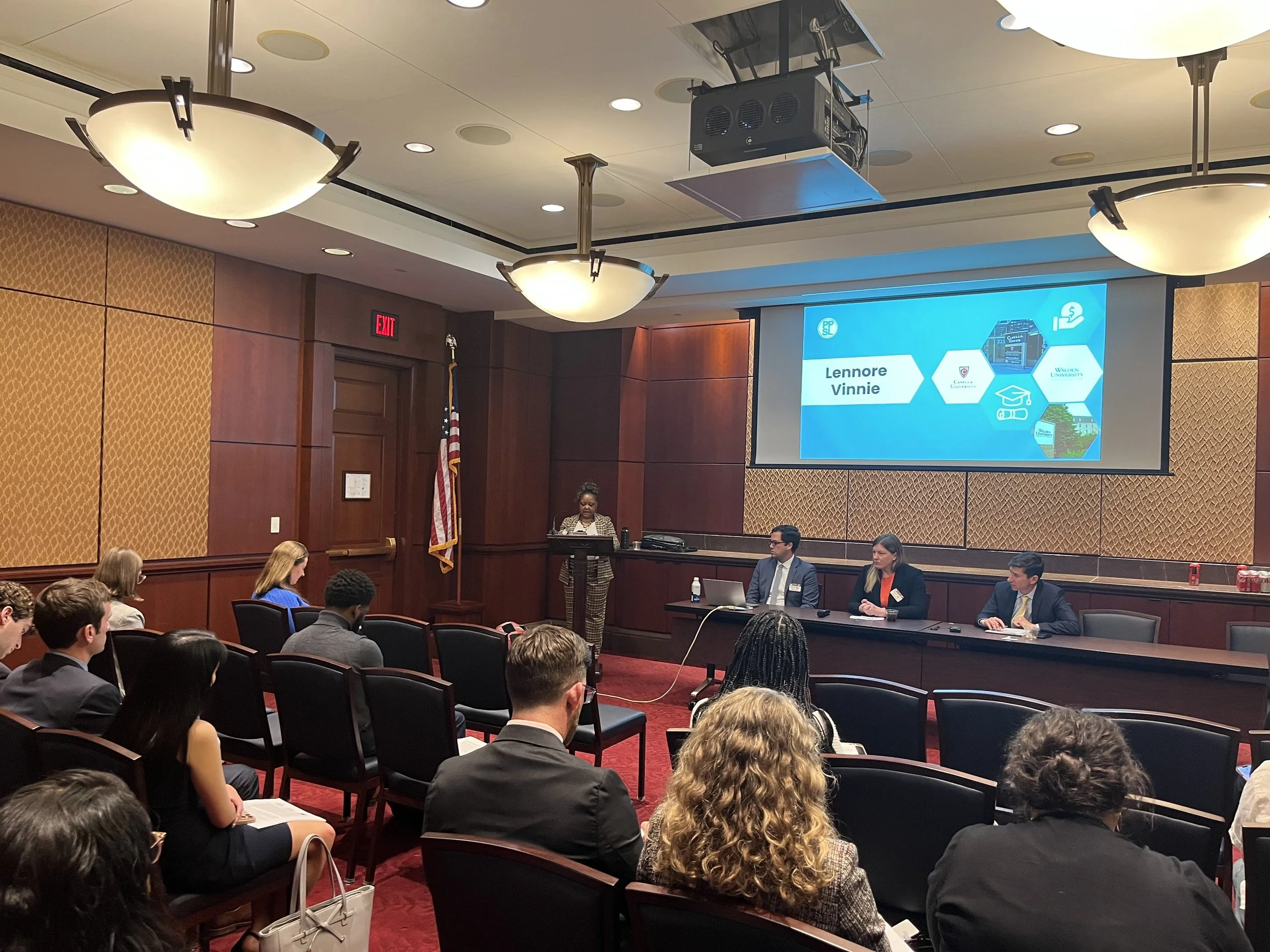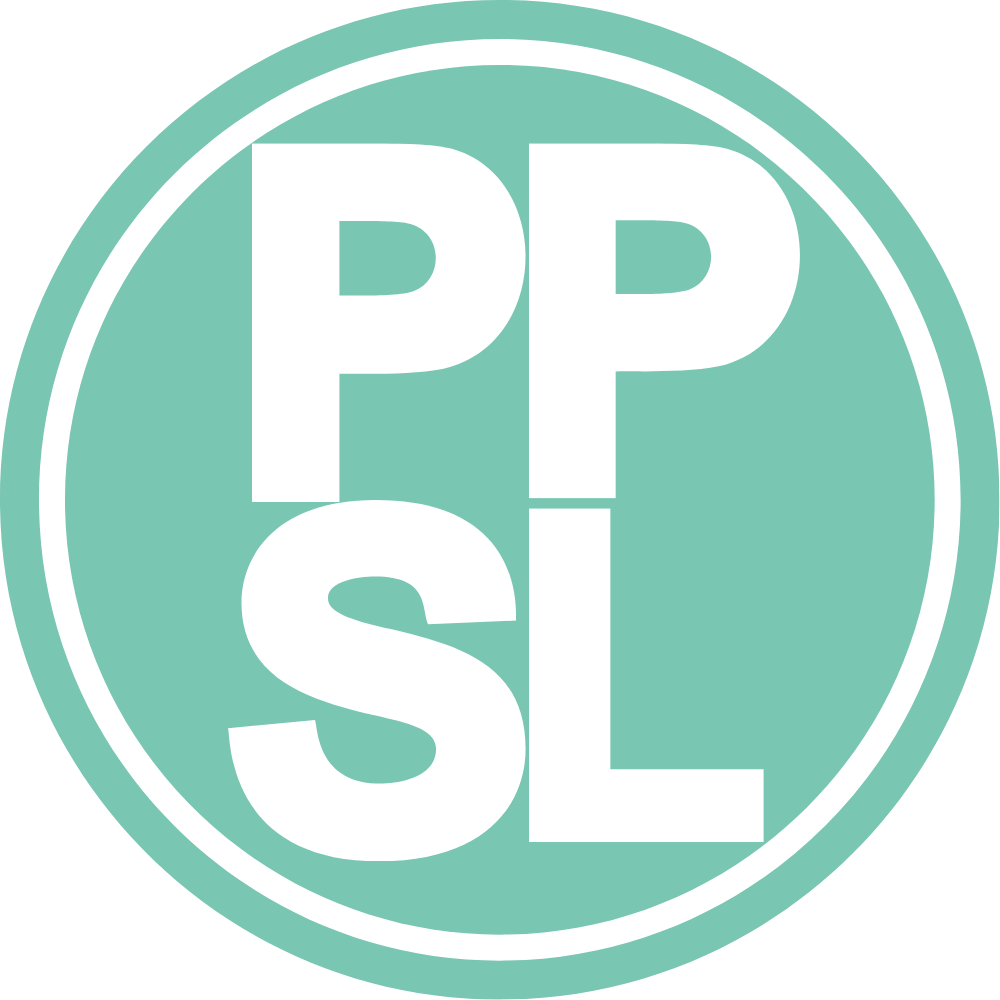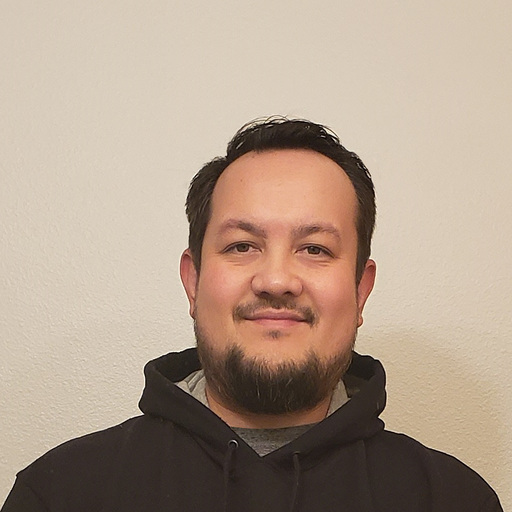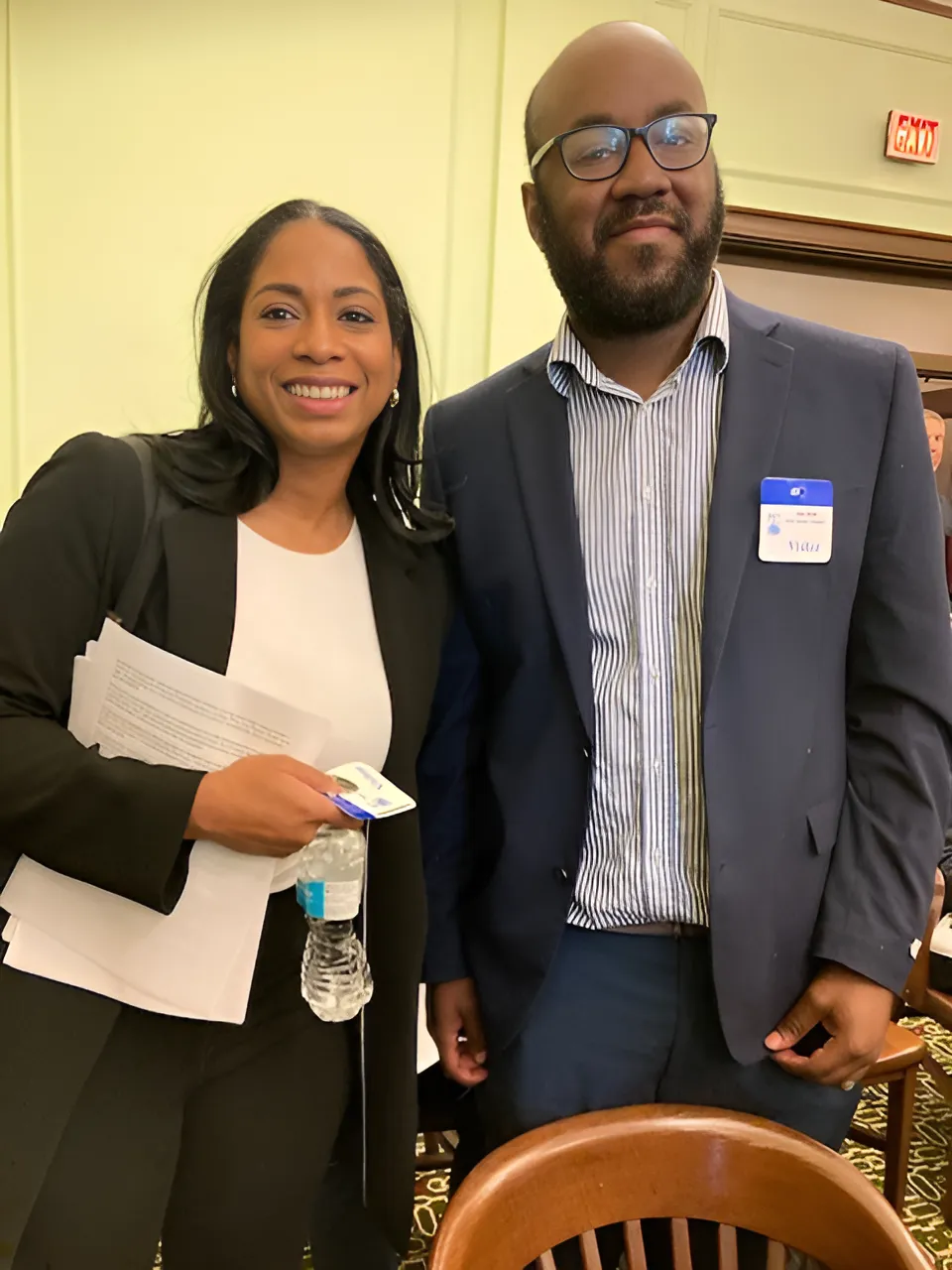
Student Stories
Understanding the human impact of for-profit colleges
For decades, the predatory for-profit college industry has exploited the promise of higher education, at the expense of students who are trying to build a better life.
These are their stories. Read a letter from 5,721 student borrowers who were the victims of fraud and misconduct here sent to members of Congress, the Department of Education, and White House officials on November 22, 2024.
Read Their Stories
-
![]()
Beth K. (North Carolina)
“Debt is a vicious cycle. The school I went to defrauded me and I got in way over my head to pay their tuition. It was the only option I saw so I signed up. Soon after, I got divorced and became a single mom. I could never get out of the debt hole cycle completely. This incurred high interest and everything spiraled.
With the federal student loans off my credit report and without this monthly payment, I can better support my son and me without credit cards. This changed my life and I feel like I can breathe again.”
-
![]()
Nina M. (South Carolina)
“I won't have to shake my head in disappointed when I check my credit report seeing the over $50,000 on my credit report for a 2yr associate degree.
I feel like I have a chance to start my life all over.”
-
![]()
David G. (Ohio)
“We were told that a college degree was the only way to succeed in life. But instead of delivering on their promises, they preyed on us. They exaggerated job placement rates and the value of their degrees, leaving many of us with massive debt and few opportunities. We're now worse off than before we enrolled, struggling under the weight of loans we can't repay.
We need accountability for predatory schools and relief for borrowers who were deceived. Without meaningful action, this crisis will continue to devastate lives and limit opportunities for generations to come.”
-
![]()
David M. (Ohio)
“The burden of these loans has weighed heavily on me for years, causing significant financial strain and emotional distress.
With this debt now forgiven, I feel a tremendous sense of relief and a renewed sense of hope for the future. I can now focus on rebuilding my financial stability, pursuing my career goals, and improving my overall well-being.”
-
![]()
Anna Moore (Oklahoma)
“Having the debt hanging over our heads with a useless degree is much more detrimental to us than most people think.
Having had to pay almost double, if not triple, what normal people pay for degrees to attend an online university then find out they offer no job placement, they are not accredited, I cannot use my degree to get my bachelor's, and I would have to start all over is heartbreaking mentally and financially.”
-
![]()
Eric D. (Washington)
“Relief for the Sweet class is not "loan forgiveness," it is a court-approved settlement for defrauded borrowers based on federal law and should not be interfered with.”
Hear Their Voices
Lucinda, one of PPSL’s Community Action Council members shared her story of fraud at DeVry University and her current advocacy for systemic change: “No one deserves to be penalized and taken advantage of when attempting to better their education. Higher education institutions… pic.twitter.com/8kWRJyx00H
— Project on Predatory Student Lending (@EdDebtJustice) April 28, 2025
Tasha Berkhalter, an Army veteran and mother from Ohio who was defrauded by ITT Tech, shared her story at today’s congressional forum on the @usedgov executive order.
— Project on Predatory Student Lending (@EdDebtJustice) May 6, 2025
“Despite my service and my GI Bill benefits, I was one of the many Americans crushed under the weight of student… https://t.co/OSXCSH6yt8 pic.twitter.com/4i5DrTlqWa
“This isn’t just an administrative failure; It’s a failure of justice.”
— Project on Predatory Student Lending (@EdDebtJustice) June 16, 2025
One of many students targeted by Florida Coastal School of Law’s deceptive marketing tactics, Alexis Stanley, was left to cope with debilitating federal loan debt. While she took the initiative to apply for… pic.twitter.com/eOykU2EIwR

Check Them Out in the News
“I think that there is something that doesn’t feel right about labeling something ‘UMass’ that is not, as far as I can tell, accountable in any way to the people of Massachusetts,” says Eileen Connor, president and executive director of the Boston-based Project on Predatory Student Lending.
Members of PPSL’s Community Action Council, which launched earlier this spring, are already stepping into action—and up to the microphone.
This spring, the Project on Predatory Student Lending (PPSL) joined forces with Audacy Podcasts to spotlight the real stories behind for-profit colleges on the hit show Campus Files.
Online higher education has come a long way since its predecessor, the correspondence school. The universal shift to remote learning during the pandemic only accelerated that momentum. It has also allowed more comprehensive research into whether online teaching works as well as the in-person kind.
“The servicer let some borrowers off the hook after a 2022 settlement — but not Amanda Luciano and others who faithfully made their loan payments.”
People who have impacted by predatory practices in higher education are encouraged to apply for a unique opportunity to help drive change and protect borrowers’ rights.
At a New Jersey Senate Higher Education Committee hearing recently, student loan borrowers testified alongside the Project on Predatory Student Lending (PPSL), calling for stronger oversight and transparency around proprietary institutions of higher education.
Many people who borrow private student loans are required to get a co-signer, a requirement that can spread the pain if repayment becomes a challenge.
“A nonprofit group is publicizing the relief program that Navient, a large lender, created for students who attended for-profit schools that misled them.”
Learn More about the 2025 Community Action Council
The Community Action Council is a powerful collective of borrower advocates dedicated to advancing the fight against predatory student lending practices. To strengthen our impact, we have selected eight passionate individuals to serve as community advocates, working alongside PPSL to drive equitable education policies, foster borrower engagement, and create lasting reform.
















